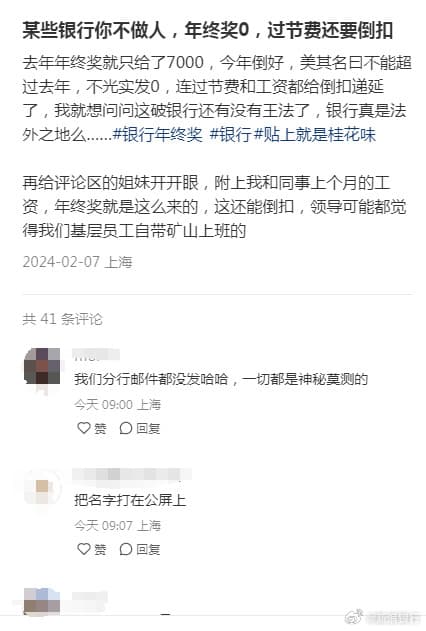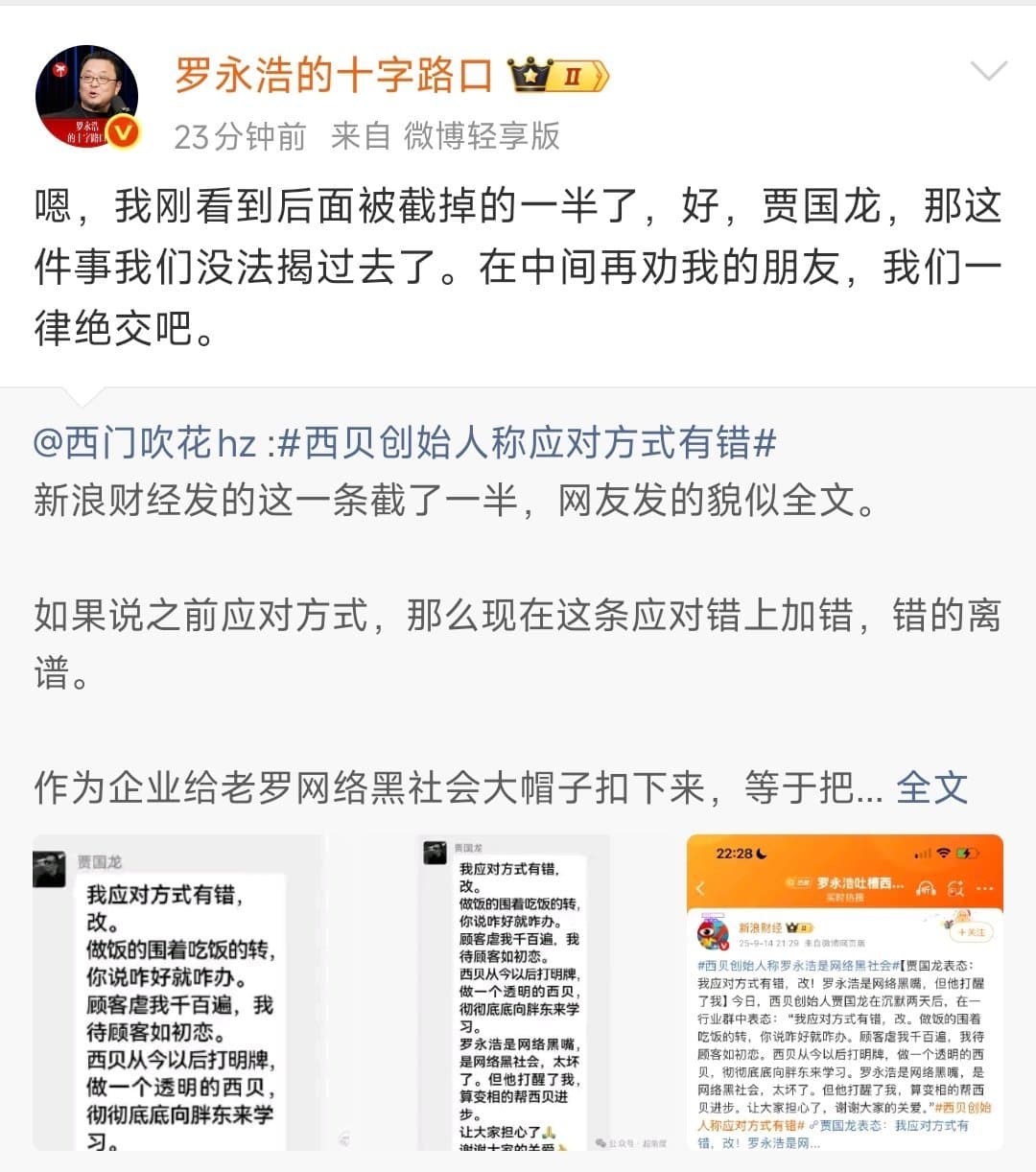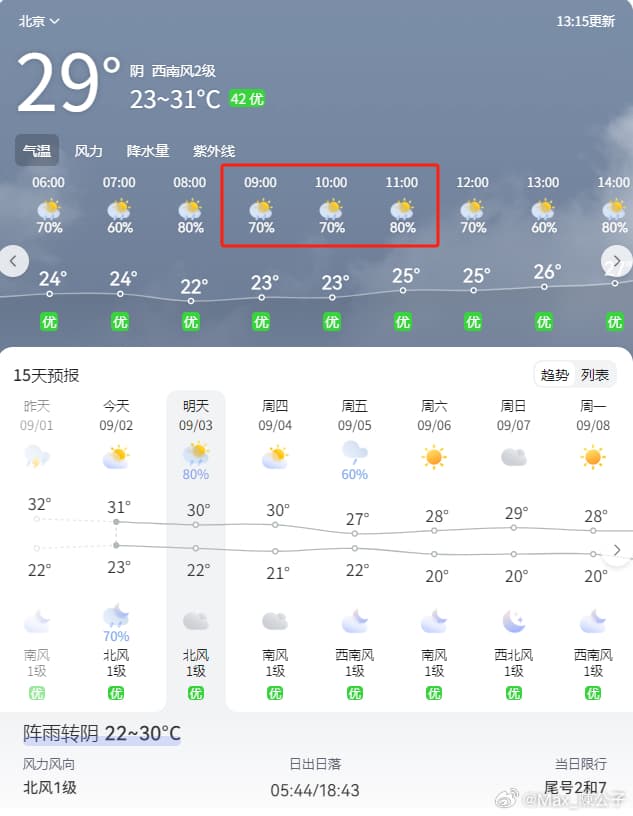Shanghai Bank's New Policies Spark Outrage Among Employees
In a recent series of tweets on social media platform Weibo, some netizens have reported that the Shanghai Bank has allegedly implemented new policies that have left many of its employees feeling aggrieved. These policies include a zero bonus for the end of the year, as well as deductions from holiday bonuses and salaries.

7 February 2024
The controversy began when a user claimed that the Shanghai Bank only gave its employees a 7,000-yuan (approx. $1,000) bonus for the previous year. However, this year, employees were reportedly not only denied their annual bonuses but were also hit with deductions on their holiday pay and regular salaries.
"They don't care if you're human or not," complained one user, whose post was accompanied by a picture showing the "Performance-Oriented Principle" supposedly in force at various branches. This principle, as translated, suggests that institutions should strengthen the use of annual performance assessments in determining performance-based pay distribution. It also urges for a fair determination of performance-based pay gaps while ensuring that performance and remuneration are positively correlated.
This principle mandates that if an employee's assessment drops compared to the previous year, their income should also decrease accordingly. It further states that employees whose job positions remain unchanged but have lower performance evaluations should see a reduction in their income.
This isn't the first time such issues have hit banking institutions. In recent history, several controversies have surfaced concerning bank employees' pay and benefits. Recently, the credit card center of the Guangzhou Bank made headlines after it was accused of deliberately delaying and deducting employees' salaries, including those of pregnant and nursing staff.
"Last year, they just said they weren't giving out year-end bonuses and everyone quietly accepted it," recounted a user. "This year, they stealthily changed the salary and bonus management policy, effectively canceling the thirteenth salary too."
Given the nature and timing of these reports, a great deal of online discussion has surrounded these policies, with many expressing sympathy for the affected employees. While some users recognize that banks might not be required to give performance bonuses under labor law, they argue that these practices can still harm employee morale and work ethic, given that banks are often considered among the most stable employment sectors.
"It's not just about the year-end bonuses," commented another user. "Even holiday bonuses and salaries are being cut. I can't help but wonder if this bank still follows any laws."
This sentiment was echoed by others who questioned whether banks truly follow the law, given their seemingly arbitrary policies and the lack of accountability or transparency in their decision-making processes.
"Seriously, does the Shanghai Bank still have any laws left?" one user questioned sarcastically. Others pointed out ironically that while such policies may not violate any existing labor laws, they certainly run counter to the spirit of fair and equitable labor practices.
This year, banking institutions in China seem to be grappling with a variety of issues that are affecting employees' livelihoods and sense of job security. These include controversies involving the Agricultural Bank of China, with employees accusing the institution of reverse soliciting salaries amounting to nearly 60 million yuan ($8.7 million).
"It's so absurd. While our company doesn't give out year-end bonuses either, they at least gave us five boxes of eggs for the New Year," a user joked. "I feel like I've turned into an egg after this."
Despite the widespread discussion and outrage sparked by the Shanghai Bank's policy changes, it remains unclear what, if any, regulatory action might be taken in response.
"I'm just glad it's not my bank," another user sighed in relief.
These recent controversies highlight the growing concerns among employees in the banking sector, who are becoming increasingly worried about the stability and fairness of their employment conditions. As such, these issues may well serve as a wake-up call for regulators and policymakers, who need to ensure that labor laws and employment practices in the banking sector are transparent, fair, and conducive to a healthy and productive workforce.
While many of these issues are influenced by unique factors specific to the banking industry, they also speak to broader concerns about the nature of employment and labor rights in China today. As debates continue to rage on social media and beyond, it remains to be seen whether these controversies will lead to meaningful changes and protections for China's banking employees.
This report was based on tweets from social media platform Weibo, and was written using a journalistic and objective tone of voice. All translations of quoted users were provided, and visual cues from the image descriptions were also integrated into the report where relevant.
Share this article
Related Articles

Xi Jinping Elevates Cybersecurity to Core National‑Security Pillar, Driving China’s Quest for a Cyber Superpower
By Trending on Weibo
News & Politics
15 Sept 2025

Luo Yonghao vs. Xibei: Celebrity Entrepreneur Sparks Media Storm Over Pre‑Made Dishes and Calls for Transparency
By Trending on Weibo
News & Politics
15 Sept 2025

Weibo Celebrates Autumn Harvest as China’s Fields Become the Nation’s Most Beautiful Canvas
By Trending on Weibo
News & Politics
15 Sept 2025
China Enacts First Comprehensive Rental Regulations to Legalize and Stabilize the Rental Market
By Trending on Weibo
News & Politics
15 Sept 2025

Beijing’s Weather Emerges as a Barometer for China’s Climate Policies and Public Life
By Trending on Weibo
News & Politics
13 Sept 2025